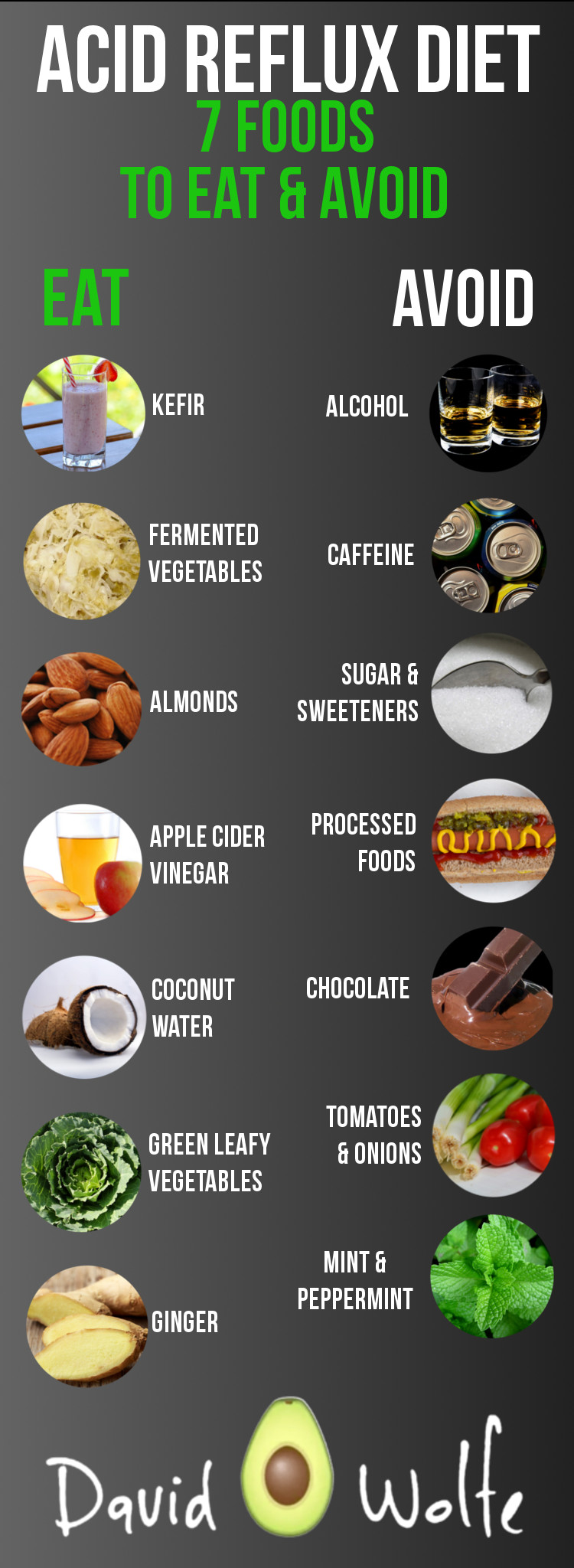How Can Diet Help Manage Acid Reflux

What is Acid Reflux?
Acid reflux is a condition in which stomach acid flows back up into the esophagus, causing discomfort and irritation. It is also known as gastroesophageal reflux disease (GERD), and symptoms can include heartburn, regurgitation, and difficulty swallowing.
What Causes Acid Reflux?
There are a variety of factors that can contribute to acid reflux, including:
- Eating large meals or lying down immediately after a meal
- Being overweight or obese
- Consuming certain foods, such as citrus, tomato, chocolate, mint, garlic, onions, or spicy or fatty foods
- Drinking alcohol, carbonated beverages, or caffeine
- Smoking
How Can Diet Help Manage Acid Reflux?
While medication can help manage symptoms of acid reflux, changing your diet can also be an effective way to prevent or reduce symptoms. A diet for acid reflux should focus on foods that are low in acid and fat, and high in fiber and protein.
Foods to Eat on an Acid Reflux Diet:
- Lean proteins, such as chicken, fish, and turkey
- Low-acid fruits, such as bananas, melons, and apples
- Vegetables, such as broccoli, kale, and spinach
- Whole grains, such as brown rice, quinoa, and oatmeal
- Healthy fats, such as avocado, olive oil, and nuts
Foods to Avoid on an Acid Reflux Diet:
- High-fat foods, such as fried foods and full-fat dairy products
- Acidic foods, such as citrus fruits and tomatoes
- Spicy foods
- Caffeine
- Alcohol
Benefits and Drawbacks of an Acid Reflux Diet
An acid reflux diet can be beneficial for managing symptoms of acid reflux, as it focuses on foods that are low in acid and fat, and high in fiber and protein. However, it can also be restrictive and difficult to follow, as it involves avoiding certain foods and beverages.
Benefits:
- May reduce symptoms of acid reflux
- Promotes a healthy, balanced diet
- Can lead to weight loss
Drawbacks:
- Can be restrictive and difficult to follow
- May require meal planning and preparation
- May limit social activities and dining out
FAQ
Q: Can an acid reflux diet cure acid reflux?
A: While an acid reflux diet can be helpful in managing symptoms, it cannot cure acid reflux. Medication may also be necessary to manage symptoms and prevent complications.
Q: How long do I need to follow an acid reflux diet?
A: The length of time you need to follow an acid reflux diet depends on your individual symptoms and health status. It is best to work with a healthcare provider or registered dietitian to determine the appropriate length of time.
Q: Is it okay to have cheat days on an acid reflux diet?
A: While it is okay to indulge in your favorite foods occasionally, it is important to limit high-fat, acidic, and spicy foods as much as possible to manage symptoms of acid reflux.
Q: Can I still drink coffee on an acid reflux diet?
A: It is best to limit or avoid caffeine on an acid reflux diet, as it can exacerbate symptoms. If you do choose to drink coffee, opt for decaf or low-acid coffee and limit your intake.
